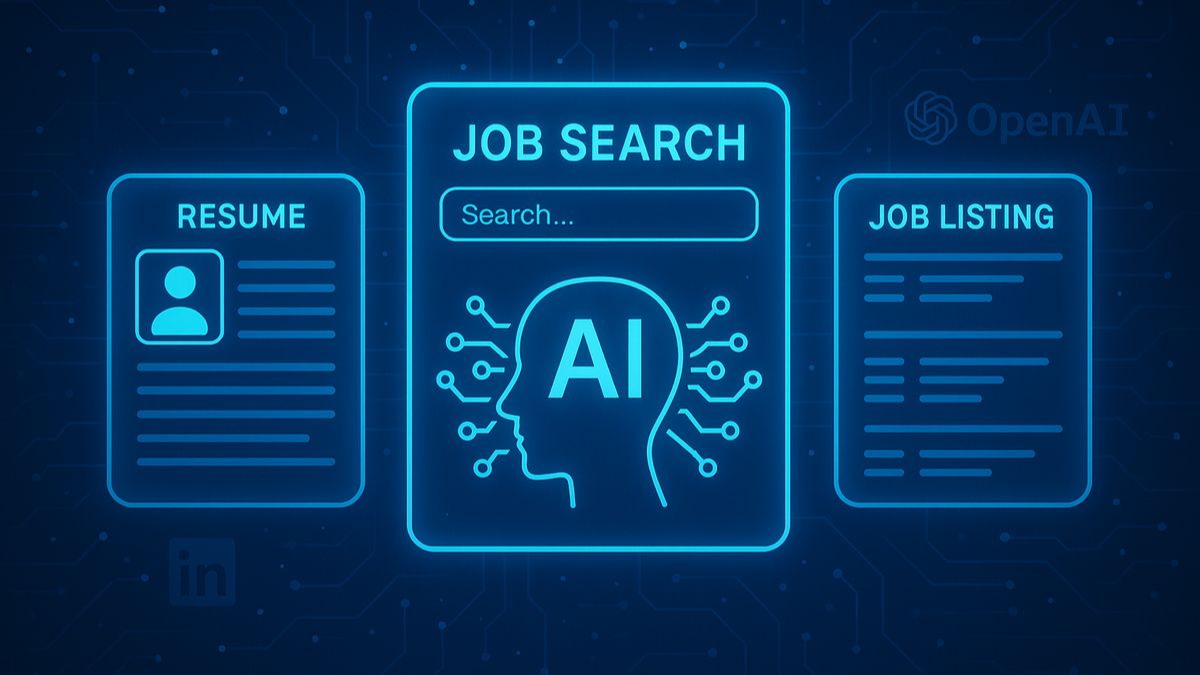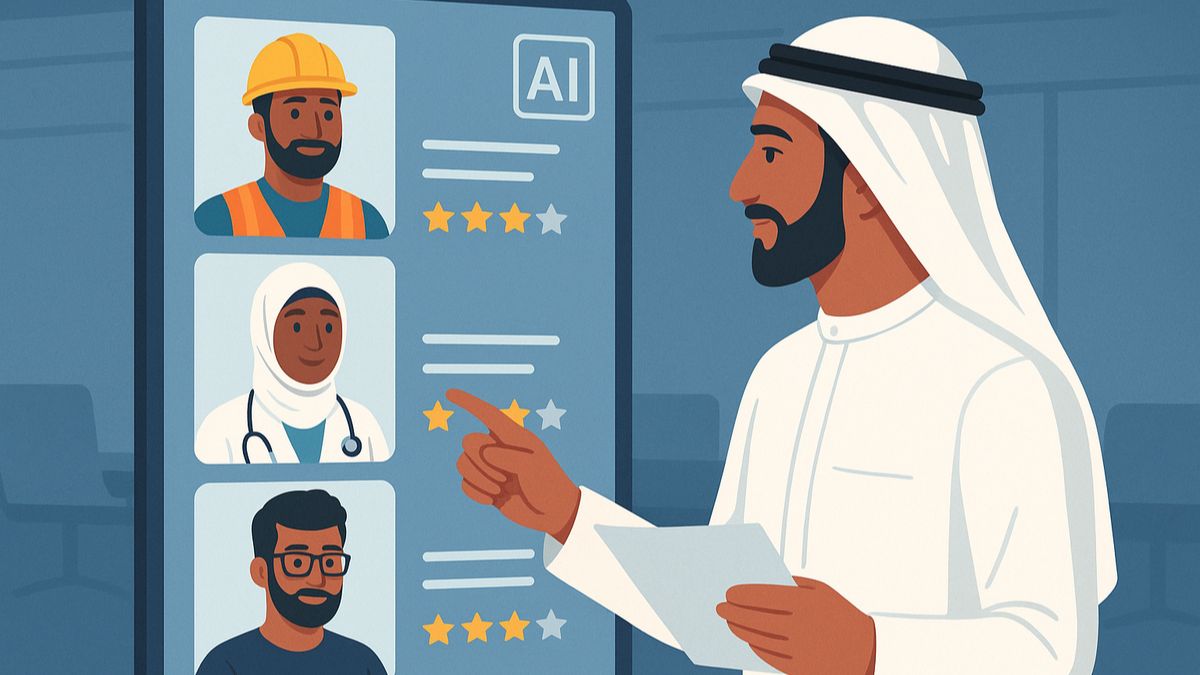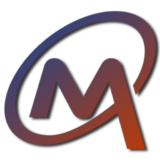The global job market is evolving faster than ever, and technology is at the heart of this transformation. One of the latest developments creating buzz in recruitment is the launch of the OpenAI jobs platform. As artificial intelligence reshapes how people search for jobs and how employers find talent, OpenAI is stepping into a space long dominated by Microsoft’s LinkedIn.
What does this mean for recruiters, job seekers, and businesses in regions like the GCC? In this article, we’ll explore the impact of the OpenAI jobs platform, its features, and how it could challenge traditional hiring systems.
OpenAI Jobs Platform: The Rise of AI in Recruitment
AI has already changed recruitment in many ways. From resume screening and automated interview scheduling to predictive hiring analytics, companies are using artificial intelligence to save time and improve hiring accuracy. Openai announces aipowered hiring.
LinkedIn has been the go-to professional network for over two decades, connecting millions of professionals worldwide. But as hiring demands shift, there’s room for more intelligent, personalised, and automated solutions. This is where the OpenAI jobs platform comes into play announces aipowered hiring platform.
What Is the OpenAI Jobs Platform?
The OpenAI jobs platform is designed to leverage AI-powered tools to connect job seekers with employers more efficiently. Unlike traditional job boards, it promises to:
-
Use natural language processing (NLP) to better match job descriptions with candidate profiles.
-
Offer personalised recommendations for both employers and applicants.
-
Simplify communication between recruiters and job seekers through AI chatbots and virtual assistants.
-
Provide predictive insights into candidate suitability and career growth potential.
This level of automation and intelligence could transform recruitment, offering a smarter alternative to platforms like LinkedIn.
Why It Matters for the GCC Job Market
For regions like the Gulf Cooperation Council (GCC), where industries such as construction, healthcare, IT, and energy are booming, recruitment speed and accuracy are critical. Agencies like Mahad Group already play a vital role in connecting skilled workers from across the globe with employers in the GCC.
The OpenAI jobs platform could complement these efforts by:
-
Allowing faster shortlisting of candidates for high-demand roles.
-
Helping employers find niche talent in competitive industries.
-
Assisting overseas workers in navigating opportunities in the GCC through smarter search and AI guidance.
Instead of replacing recruitment agencies, AI platforms could empower them with better tools and insights.
Could It Really Challenge LinkedIn?
LinkedIn remains the world’s largest professional networking site, with more than 1 billion users. However, its strength is also its limitation—it’s vast but often cluttered. Many job seekers complain about irrelevant recommendations, while employers sometimes struggle with low-quality applications.
The OpenAI jobs platform could challenge this status quo by offering:
-
Precision: Smarter matches through AI-driven algorithms.
-
Efficiency: Faster hiring cycles with automated tools.
-
Personalization: Tailored experiences for both employers and candidates.
While LinkedIn focuses heavily on networking, OpenAI may redefine recruitment as a data-driven, intelligent process.
Challenges Ahead for OpenAI
Of course, the OpenAI jobs platform faces challenges. Building trust among recruiters and candidates, ensuring data privacy, and competing with LinkedIn’s vast network will not be easy. Additionally, AI-powered hiring must address concerns about bias and fairness in decision-making.
But if OpenAI can navigate these hurdles, it could reshape recruitment globally including in markets like the GCC, where demand for efficient, transparent hiring solutions is growing.
The Future of Recruitment with AI
The introduction of the OpenAI jobs platform is part of a larger trend: the integration of AI into every aspect of business operations. For recruitment, this means:
-
Shorter hiring times.
-
More accurate candidate matches.
-
Improved job seeker experiences.
For job seekers in the GCC and beyond, AI platforms can open new doors to opportunities that align with skills and aspirations. For employers, it means better access to top talent, faster and at lower costs.
Conclusion
The OpenAI jobs platform is not just another job board; it’s a glimpse into the future of recruitment. By combining artificial intelligence with user-centric design, it has the potential to challenge LinkedIn and redefine how people connect with opportunities.
For manpower agencies like Mahad Group, this signals a future where AI tools enhance recruitment services, helping employers and candidates connect more effectively. As the GCC continues to expand its workforce, combining human expertise with AI-driven platforms could deliver the best of both worlds.



